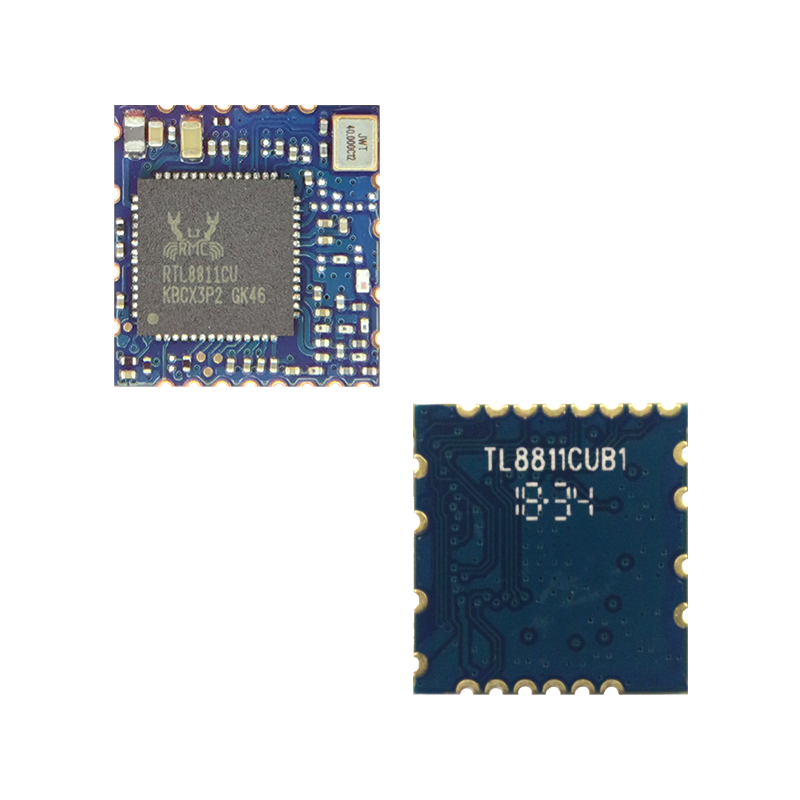With the popularity of the Internet, WiFi modules have become an indispensable part of people's lives. However, the security issue of the WiFi module has also attracted more and more people's attention. When using the WiFi module, we need to take some measures to protect our network security. This article will introduce the security issues of WiFi modules and provide some methods to protect network security.

一. Security issues of WiFi module
1. Phishing attack: Phishing attack means that attackers trick users into entering personal information by forging legitimate websites or emails, so as to obtain sensitive information such as user account numbers and passwords.
2. Network eavesdropping attack: A network eavesdropping attack refers to an attacker who monitors network traffic to obtain sensitive information of users, such as account numbers, passwords, and credit card numbers.
3. Network denial of service attack: Network denial of service attack means that the attacker sends a large number of requests to the target server, making it unable to work normally, resulting in interruption of network services.
4. Network intrusion attacks: Network intrusion attacks refer to attackers gaining control of the target system by exploiting network vulnerabilities, thereby obtaining sensitive information or destroying the target system.
二. Methods to protect network security
1. Change the default username and password: Many WiFi modules have the same default username and password, which makes it easy for attackers to guess your password. Therefore, we should change the default username and password in time to increase the security of the network.
2. Enable WPA2 encryption: WPA2 is a highly secure WiFi encryption protocol, which can effectively prevent network eavesdropping attacks. Therefore, we should use WPA2 encryption as much as possible to protect our network security.
3. Disable WPS: WPS is a quick way to set up a WiFi network, but it also has some security issues. Therefore, we should disable the WPS function as much as possible to increase the security of the network.
4. Update the firmware: The firmware update of the WiFi module can fix some known vulnerabilities, thereby increasing the security of the network. Therefore, we should update the firmware of the WiFi module in time.
5. Use a virtual private network (VPN): VPN can encrypt network traffic, thus effectively preventing network eavesdropping attacks. Therefore, we can use a VPN to protect our network security.
6. Install anti-virus software: Installing anti-virus software can effectively prevent network intrusion attacks. Therefore, we should install anti-virus software in time and update the virus database regularly.
In short, the security of the WiFi module is an important issue that we need to pay attention to. By taking some measures, we can effectively protect our network security.
 Trolink Joint With Tuya to Make Iot Benefit Every Family
Trolink Joint With Tuya to Make Iot Benefit Every Family
 WiFi モジュールを選択するために知っておくべき 5 つの主要な指標 !
WiFi モジュールを選択するために知っておくべき 5 つの主要な指標 !
 IOTモジュールはスマート製品の頭脳です
IOTモジュールはスマート製品の頭脳です
 What is the signal coverage range of the WiFi module chip?
What is the signal coverage range of the WiFi module chip?